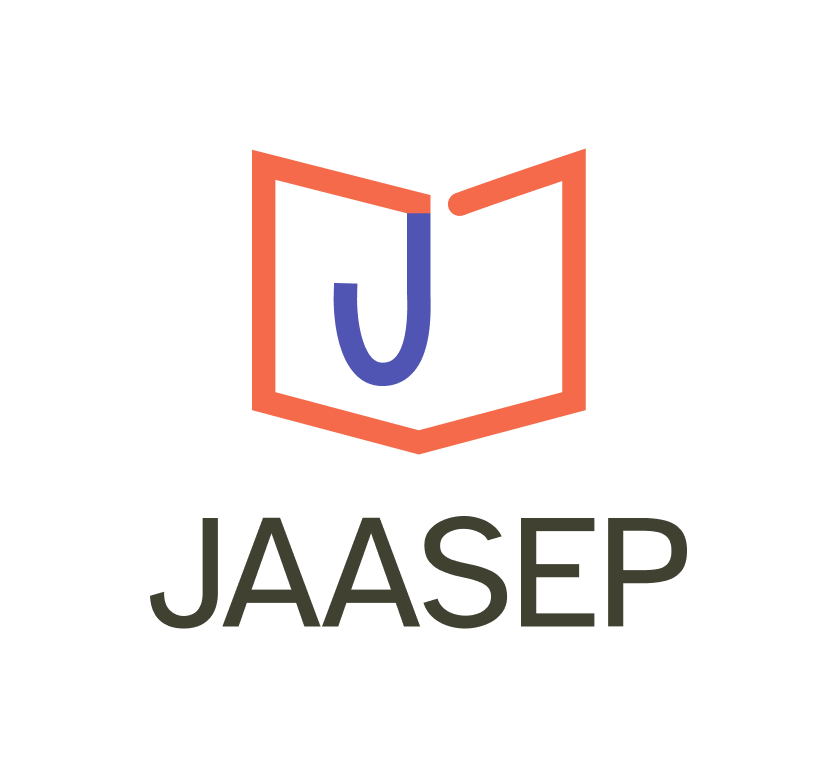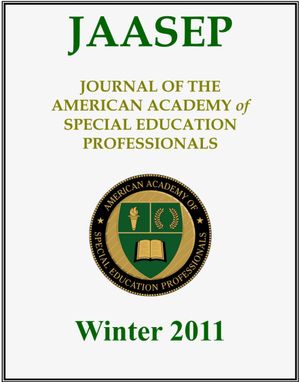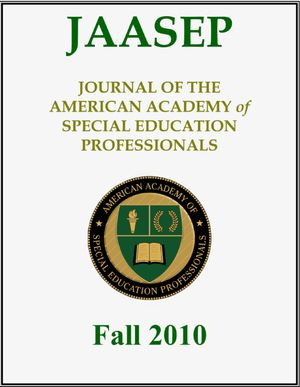$6.95
A Comparison of Teaching Efficacy Between Parapros and Sped Teachers Working with Sped Students
Abstract
This study aimed to examine and compare the teaching efficacy of paraprofessionals in the four desired domains identified in prior research about teaching special education : academic instruction, behavioral management, assessment, and professional ethics; and to identify what demographic or background factors predicted paraprofessional efficacy in the four domains. The researchers surveyed 41 paraprofessionals and 18 special education teachers using a scale adapted from the Student Teachers’ Efficacy in Teaching Students With Disabilities (STETSD) scale (Zhang et al., 2018). Two significant main effects were found: efficacy domains and the professional’s role. A significant interaction effect was found when controlling for years of professional experience. Results suggested that (a) on average, paraprofessionals reported lower self-efficacy than special education teachers in all four desired domains, and (b) paraprofessionals perceived lower teaching efficacy in academic instruction and assessment.
Keywords: paraprofessionals, special education, teaching efficacy, effectiveness



